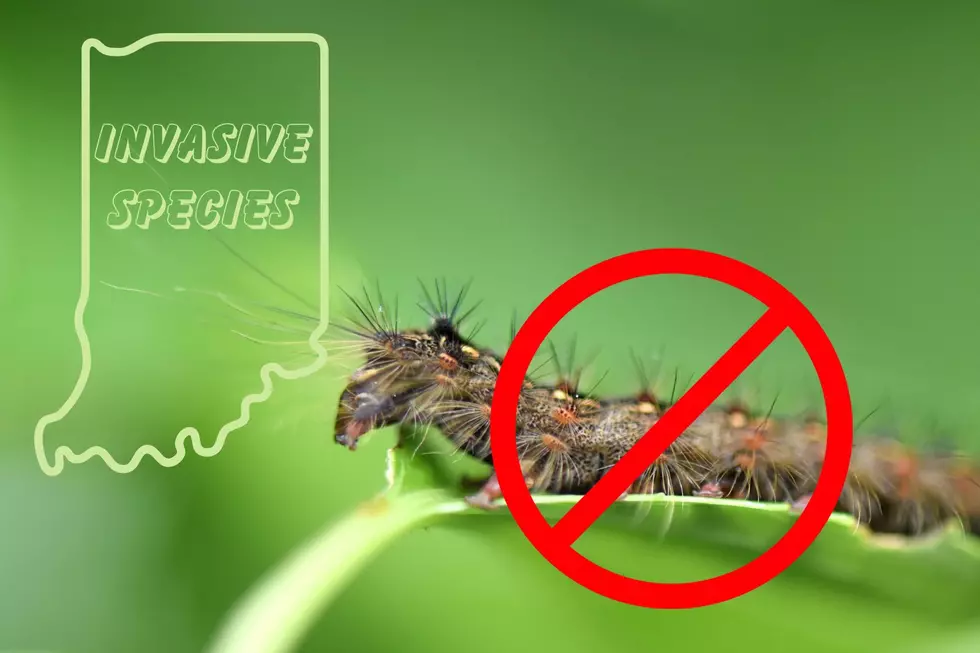
No That Dog Wasn’t Hit by a Car in Evansville, The Bait and Switch Facebook Scam
If you see a post on Facebook where someone has found a dog and is trying to find the owner, here is why you should do a double take before sharing.

Facebook Scams Are Neverending
With social media being such a big part of our everyday lives, it's unfortunately inevitable that some people will try to take advantage of that. Scammers are constantly finding new ways to get people to interact with them, give them information, or even get people to share advertisements for scams.
Beware of Bait and Switch Facebook Posts
Here lately I have seen a ton of posts that people are sharing about injured animals and chances are, you've seen one of these posts as well. They typically go something like this:
I found this dog in #Evansville, it was hit by a car. The dog is injured and at the vet, please help me find the owner.
The post is accompanied by photos of an injured dog. Well-meaning animal lovers see these posts and want to help, and honestly, who wouldn't? So these posts get a TON of shares. This is where the scam comes in. Once the post has been shared numerous times, the person then edits the post to advertise some scam. This is called the Bait and Switch Facebook scam. A really common one is where the post will be changed to an advertisement for a fake rental property with a link to a fake website.
This isn't to say all lost pet posts are a scam, there are Facebook pages like Evansville Lost Pets that will actually help people find their lost pets. You'll notice the scam posts will keep the location vague, whereas people who are actually missing their pets, or trying to find an owner will give a specific area of town.
How to Spot a Scam
The Better Business Bureau is well aware of this particular scam, and has shared a few ways to spot it so you don't end up accidentally sharing something that could scam someone:
- Do a bit of digging before resharing a post on your profile. Read the information carefully and look at the profile of the person who created and shared the original post. If the profile is from Florida but shared the post in a Canadian group, it may be a red flag of a bait-and-switch publication.
- Find out when the poster created the Facebook profile. Scammers always create profiles when their old one gets banned. If you click on their profile, it will tell you how long they have been a member of the group. You can also find additional information on their public profile.
- You should see it in the news. If a child goes missing or a tragedy occurs, you'll most likely see it on different news outlets or shared by law enforcement, not on a random post.
- Do a reverse image search on Google. That will allow you to find out if the pictures you saw were used on other ads or websites in different cities.
- Find similar posts. Copy and paste the text from the post into Facebook's search tool to see if other posts with the same text and different pictures show up.
- If you suspect a post is a scam, report it to Facebook.
You can read more about this particular scam, and find other ways to keep yourself safe online, here.
Animal Shelters and Rescues In and Around Evansville Indiana
LOOK: The biggest scams today and how you can protect yourself from them
More From WGBF-FM






